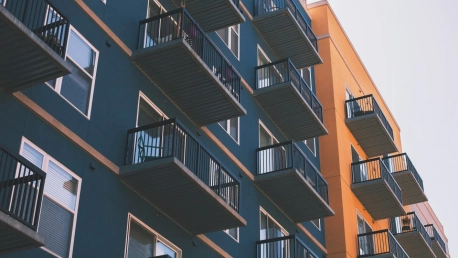Microsoft is pioneering a sustainable venture by integrating technology with environmental stewardship at its forthcoming Høje-Taastrup data center near Copenhagen, set to launch in fall 2024. This project pushes the boundaries of eco-friendly innovation by converting the data center’s waste heat into a communal resource. By collaborating with Danish energy companies VEKS and HTF, Microsoft is redirecting heat from its servers’ cooling systems to assist in warming roughly 6,000 local households.This undertaking showcases an ingenious use of repurposed energy, elevating the traditional concept of district heating to new heights. The harmonious blend of digital infrastructure expansion and ecological consideration reflects Microsoft’s commitment to sustainable development. The heat recycling initiative is a testament to the potential of technology to contribute positively to community welfare and to the reduction of environmental footprints in industrial operations.









